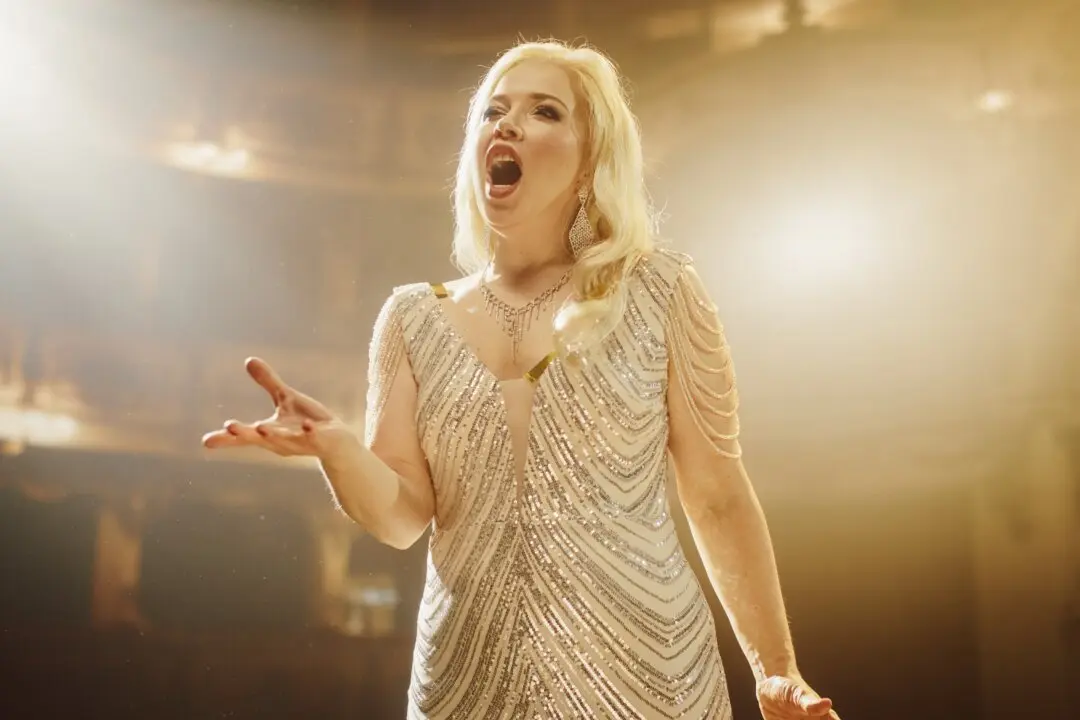New Orleans is perhaps most frequently associated with Mardi Gras. Although this originally Catholic holiday is celebrated around the world, the famous customs and revelry of Carnival time in “The Big Easy” make it Louisiana’s event of the year.
“New Moon,” the 1940 Metro-Goldwyn-Mayer musical based on Sigmund Romberg’s operetta of the same name, is no exception. Starring “America’s Singing Sweethearts” Jeanette MacDonald and Nelson Eddy, this film is a costume drama set in French colonial Louisiana. Although none of the scenes happen in France, the story takes place during the French Revolution.





